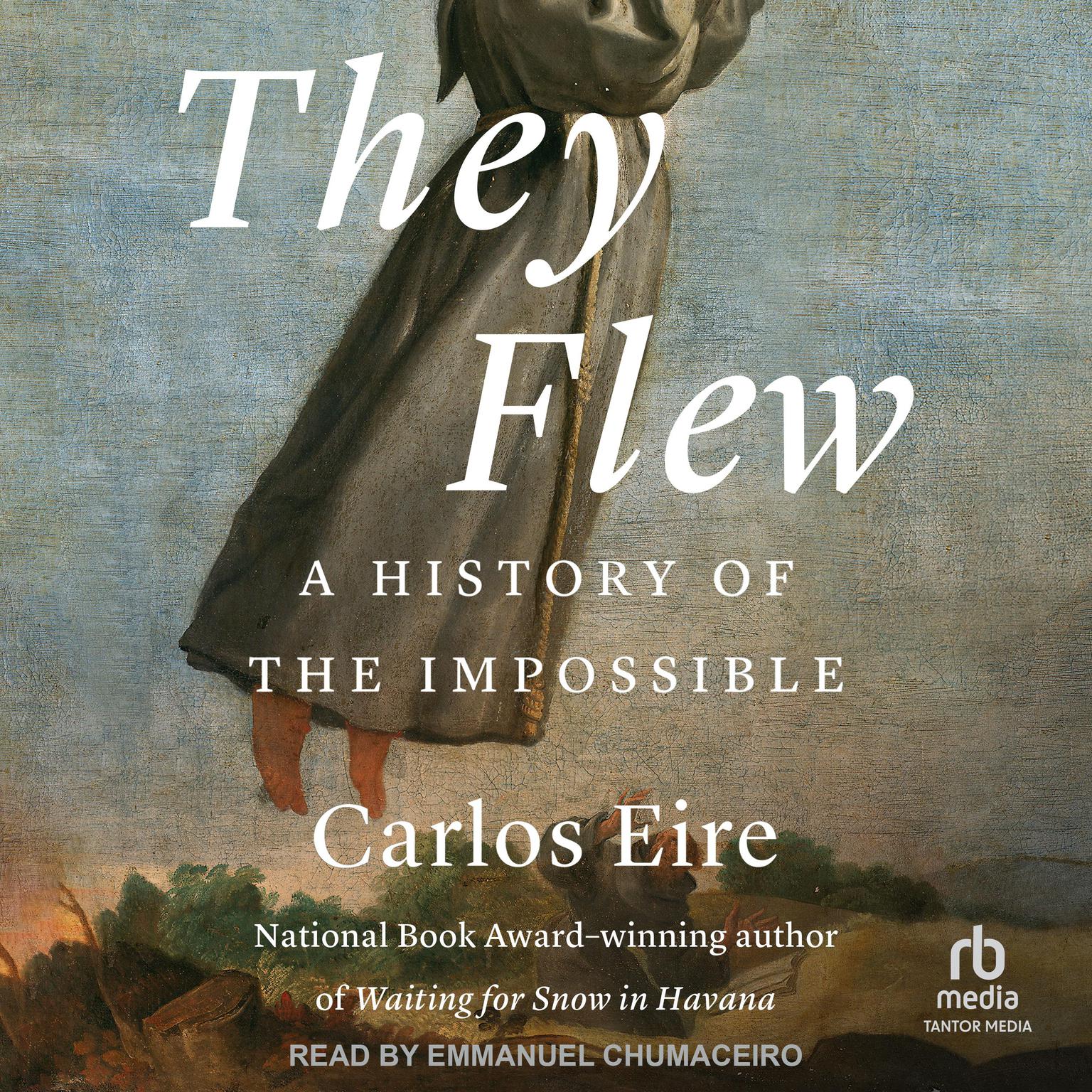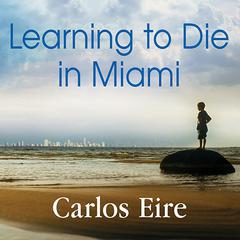 Play Audiobook Sample
Play Audiobook Sample
They Flew: A History of the Impossible Audiobook
 Play Audiobook Sample
Play Audiobook Sample
Quick Stats About this Audiobook
Total Audiobook Chapters:
Longest Chapter Length:
Shortest Chapter Length:
Average Chapter Length:
Audiobooks by this Author:
Publisher Description
Accounts of seemingly impossible phenomena abounded in the early modern era—tales of levitation, bilocation, and witchcraft—even as skepticism, atheism, and empirical science were starting to supplant religious belief in the paranormal. In this book, Carlos Eire explores how a culture increasingly devoted to scientific thinking grappled with events deemed impossible by its leading intellectuals.
Eire observes how levitating saints and flying witches were as essential a component of early modern life as the religious turmoil of the age, and as much a part of history as Newton's scientific discoveries. Relying on an array of firsthand accounts, and focusing on exceptionally impossible cases involving levitation, bilocation, witchcraft, and demonic possession, Eire challenges established assumptions about the redrawing of boundaries between the natural and supernatural that marked the transition to modernity.
Using as his case studies stories about St. Teresa of Avila, St. Joseph of Cupertino, the Venerable María de Ágreda, and three disgraced nuns, Eire challenges listeners to imagine a world animated by a different understanding of reality and of the supernatural's relationship with the natural world. The questions he explores have resonance and lessons for our time.
Download and start listening now!
They Flew Listener Reviews
Be the first to write a review about this audiobook!
About Carlos Eire
Carlos Eire, born in Havana in 1950, left his homeland in 1962. He was one of 14,000 unaccompanied children airlifted out of Cuba by Operation Pedro Pan. After living in a series of foster homes in Florida and Illinois, he was reunited with his mother in Chicago in 1965. His father, who died in 1976, never left Cuba. After earning his PhD at Yale University in 1979, Eire taught at St. John’s University in Minnesota for two years and at the University of Virginia for fifteen. He is now the T. Lawrason Riggs professor of history and religious studies at Yale University. He lives in Guilford, Connecticut, with his wife and their three children.






